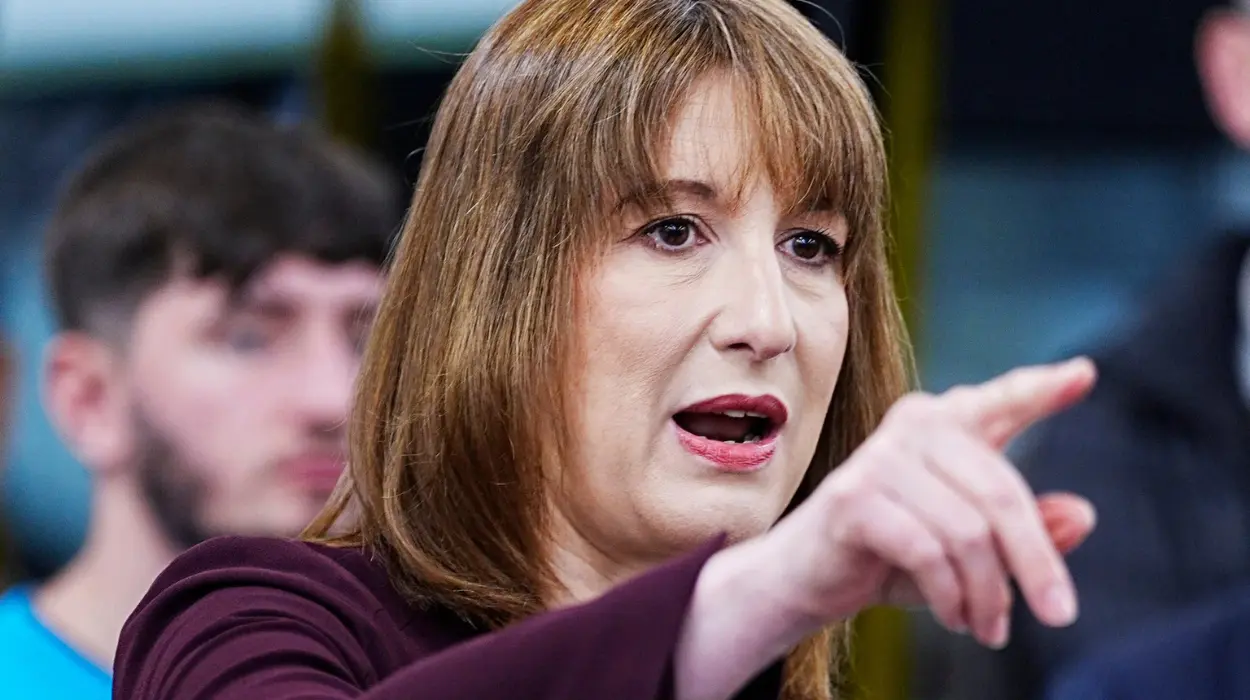UK (Parliament Politics Magazine) – Economist Simon French warned Chancellor Rachel Reeves that “self-defeating” tax rises and inflation are driving UK borrowing costs to 27-year highs.
As reported by The Telegraph, Simon French, chief economist at Panmure Liberum, warned Rachel Reeves that recent UK borrowing rises are driven by tax hikes and persistent inflation.
What did Simon French say about rising UK borrowing and the budget gap?
Simon French said the rise in UK gilt rates, a benchmark for debt costs, is creating “angst” over Britain’s fiscal position.
He stated,
“Self-defeating tax increases, asymmetric inflation, and central bank asset sales are all UK factors that have acted to amplify the global grind higher in sovereign interest rates.”
His warning comes after UK long-term borrowing costs hit a 27-year high.
Mr French stated that Ms Reeves faces a £20bn–£30bn shortfall in the upcoming autumn Budget on November 26.
He said experts have “acute doubts” that the fiscal gap can be closed by any “through any other mechanism than through tax increases,” adding,
“This has been amplified by well-flagged concerns over the upcoming Autumn Budget.”
The expert warned that the Chancellor must make tough choices to reduce inflation and lower borrowing costs. He noted that the UK’s fiscal and monetary policymakers need a decisive and coordinated response. This comes amid jitters in the bond market.
Mr French raised concerns that controlling inflation and borrowing could prove difficult for the Treasury.
He added,
“The jury is out on whether the UK government – and its backbenchers – have the backbone, and the gilt market knows it.”
What did Kathleen Brooks say about the UK bond market and gilts?
UK long-term borrowing rates edged down to 5.58% amid easing nerves in the bond market. The interest rate on Britain’s long-term debt rose to 5.75% midweek, then eased back to 5.6%.
Kathleen Brooks, research director at XTB, added,
“There are signs that the bond market rout could be over … Some governments including the UK’s are talking once more about public sector spending cuts, which may boost demand for Gilts in the short term.”
What did Rachel Reeves say about Britain’s debt and IMF claims?
The Chancellor dismissed warnings of a debt and welfare crisis in the UK as unfounded. She said senior economists’ warnings of a possible International Monetary Fund rescue for the government were not reliable.
Ms Reeves confirmed she will present her Budget on November 26, giving time to address an expected £50bn gap in public finances.
Referring to the Budget, she said,
“People who seem to know what is in the budget before we have made those decisions are just wrong. A lot of them are talking rubbish, and frankly, a lot of what they’re saying is irresponsible.”
Ms Reeves added,
“It’s up to me to decide what is in the budget, and I will do that in a careful way, getting the balance right between making sure that we’ve got enough money to fund our public services, particularly our National Health Service, whilst also ensuring that we can bring growth and investment to Britain.”
What did Ruth Cadbury say about Rachel Reeves’ November 26 Budget?
Ruth Curtice of the Resolution Foundation said the November 26 statement could be one of the “toughest second budgets in years.”
She added,
“With higher gilt yields currently adding over £3bn to debt interest costs, and over £6bn of policy U-turns announced since March, the chancellor is already on track to miss her fiscal rules. With a growth downgrade also likely, significant fiscal tightening will be needed.”
Key reasons for rising borrowing costs
The Bank of England’s rate hikes have pushed borrowing costs up across the UK. Rising government debt is adding pressure on bond yields. Budget deficits are also contributing to higher borrowing costs.
Ongoing inflation and strong growth expectations keep long-term rates high. Global market uncertainties and trade tensions are also driving interest rates higher.

